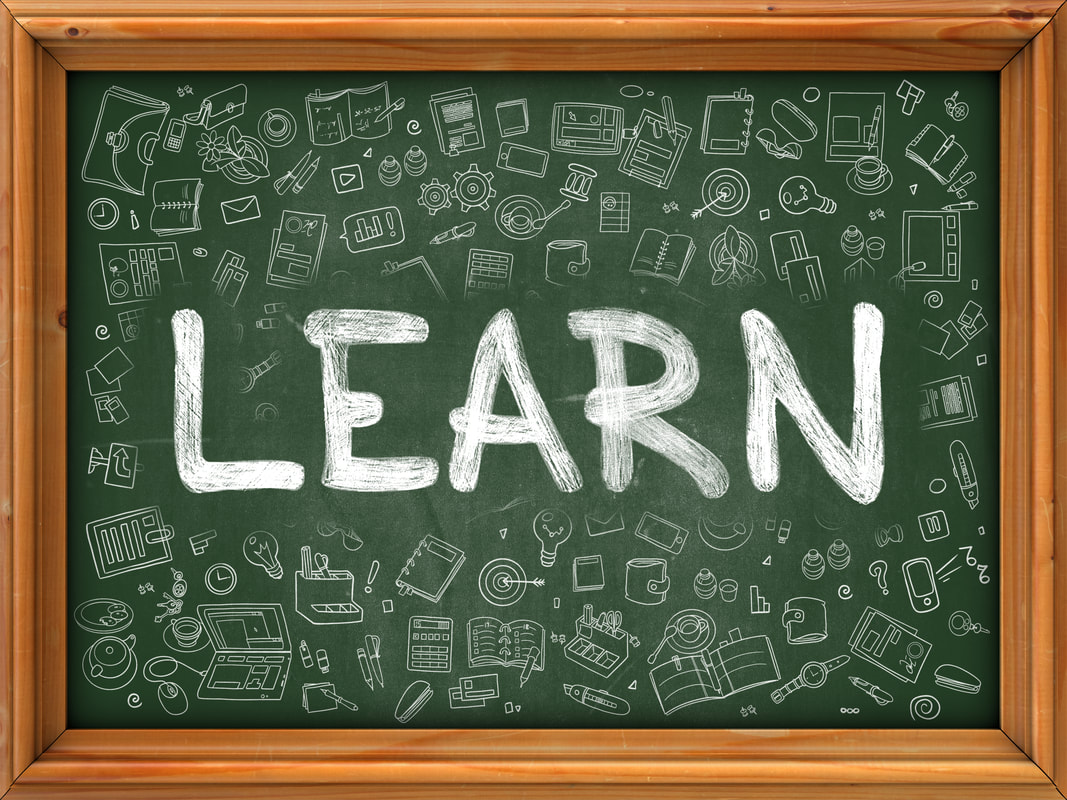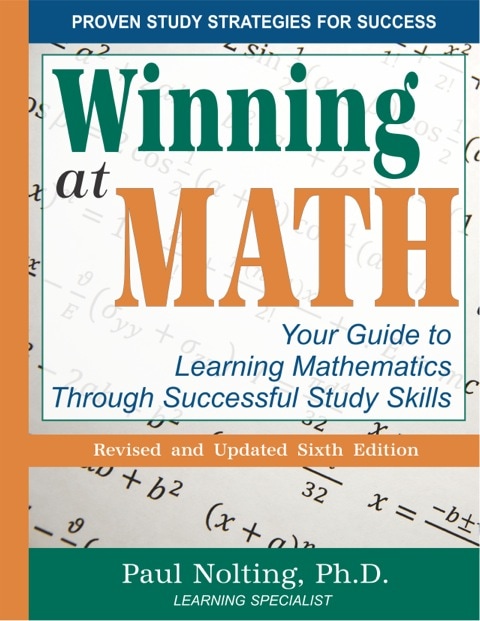Dr. Paul Nolting's Academic Success Press Blog: A Publication Dedicated to Math Success |
DR. PAUL NOLTING'S ACADEMIC SUCCESS PRESS BLOG
|
As a part of an overall effort to augment and diversify his consulting work, Dr. Nolting often takes time out of his busy schedule to keep up with recent journal scholarship and revisit classic articles, which have been of use to him in the past. In this spirit, a few months ago, he returned to a classic 2005 entry from Alice Y. Kolb and David A. Kolb in Academy of Management Learning & Education, which brilliantly describes the ins and outs of experiential learning. Calling for the use of learning style assessments, the authors encourage teachers to establish “learning spaces” capable of servings students who prefer any one of four major learning styles (Concrete Experience, Active Experimentation, Reflective Observation, and Abstract Conceptualization). This goal resulted in one of the most famous extant learning styles surveys. During a recent training seminar at Indian River State College, it struck Dr. Nolting just how well this research gels with the math-specific learning styles and modalities he describes in his own research and consulting. This considered, he wanted to share a few thoughts on the importance of educating tutors and professors on how learning styles affect learning in the classroom, tutoring centers, and beyond. "I cannot stress enough," Dr. Nolting says, how important it is to help students and faculty understand the concepts of learning styles and how they affect math learning; especially in the era of math redesigns. I see this more and more as I travel the country. For more, please read the original article, which is available at JSTOR.
Alice Y. Kolb and David A. Kolb, Academy of Management Learning & Education Vol.4 No.2 (Jun. 2005) pp 193-212)
2 Comments
9/2/2018 12:12:32 pm
I really appreciate Dr. Nolting's effort in explaining these things to us. though he knows that this one will never be easy for us because the matter he is into isn't really common, he is still doing his best just to keep everything explained, and I am loving it! I love people who are into academic industry; they are always after the learning of other people and have become selfless for other people's welfare. I couldn't be that selfless, I must admit.
Reply
Leave a Reply. |
AuthorDr. Nolting is a national expert in assessing math learning problems, developing effective student learning strategies, assessing institutional variables that affect math success and math study skills. He is also an expert in helping students with disabilities and Wounded Warriors become successful in math. He now assists colleges and universities in redesigning their math courses to meet new curriculum requirements. He is the author of two math study skills texts: Winning at Math and My Math Success Plan. Blog HighlightsAmerican Mathematical Association of Two-Year Colleges presenter, Senior Lecturer-Modular Reader Contributions
|
Proudly powered by Weebly


 RSS Feed
RSS Feed